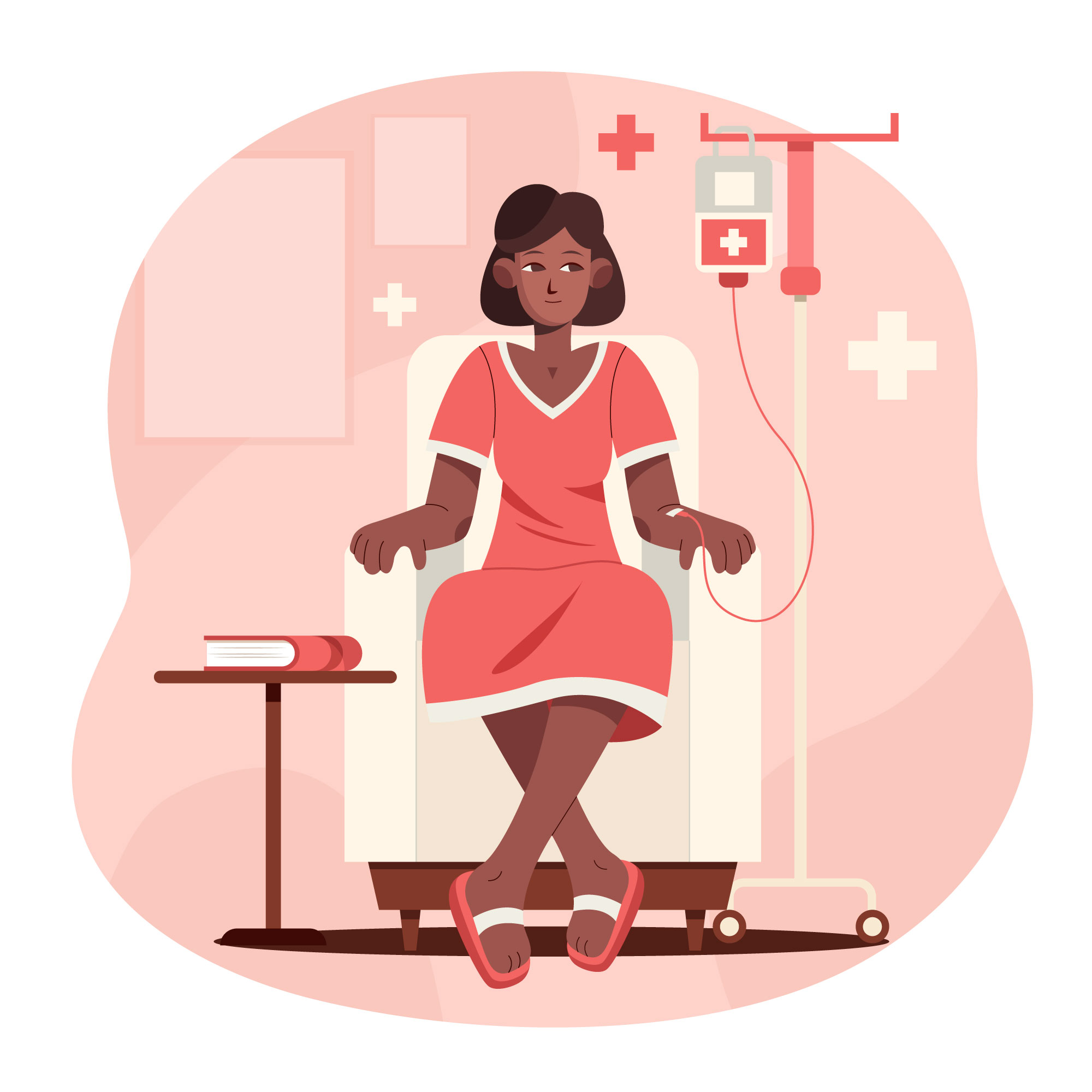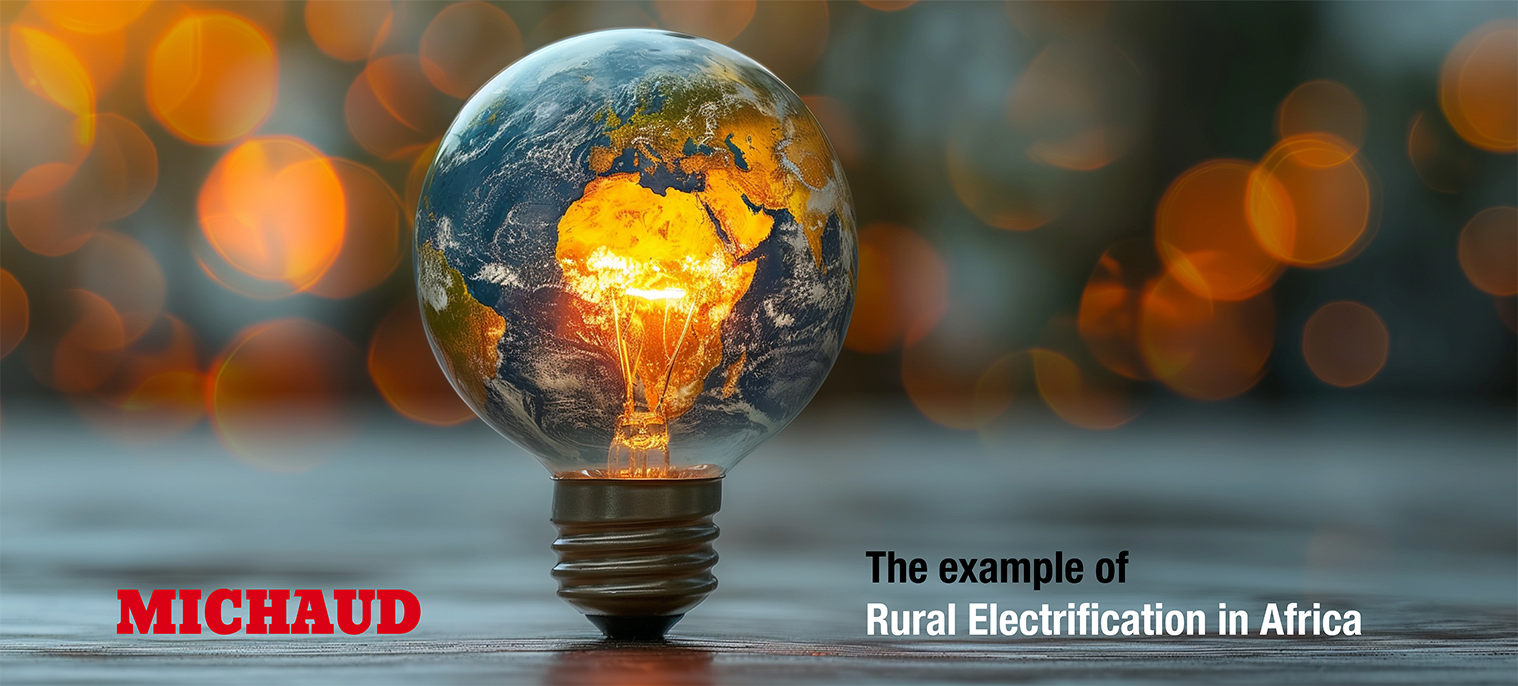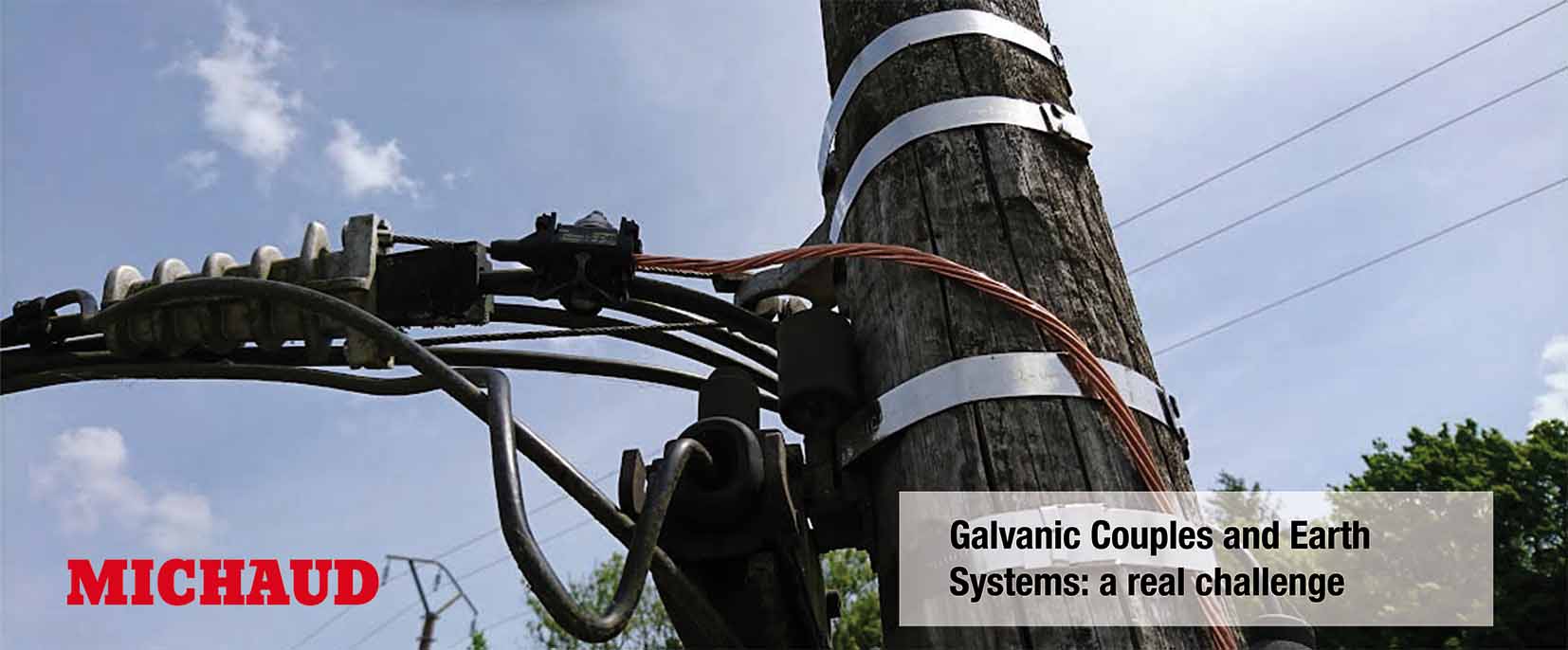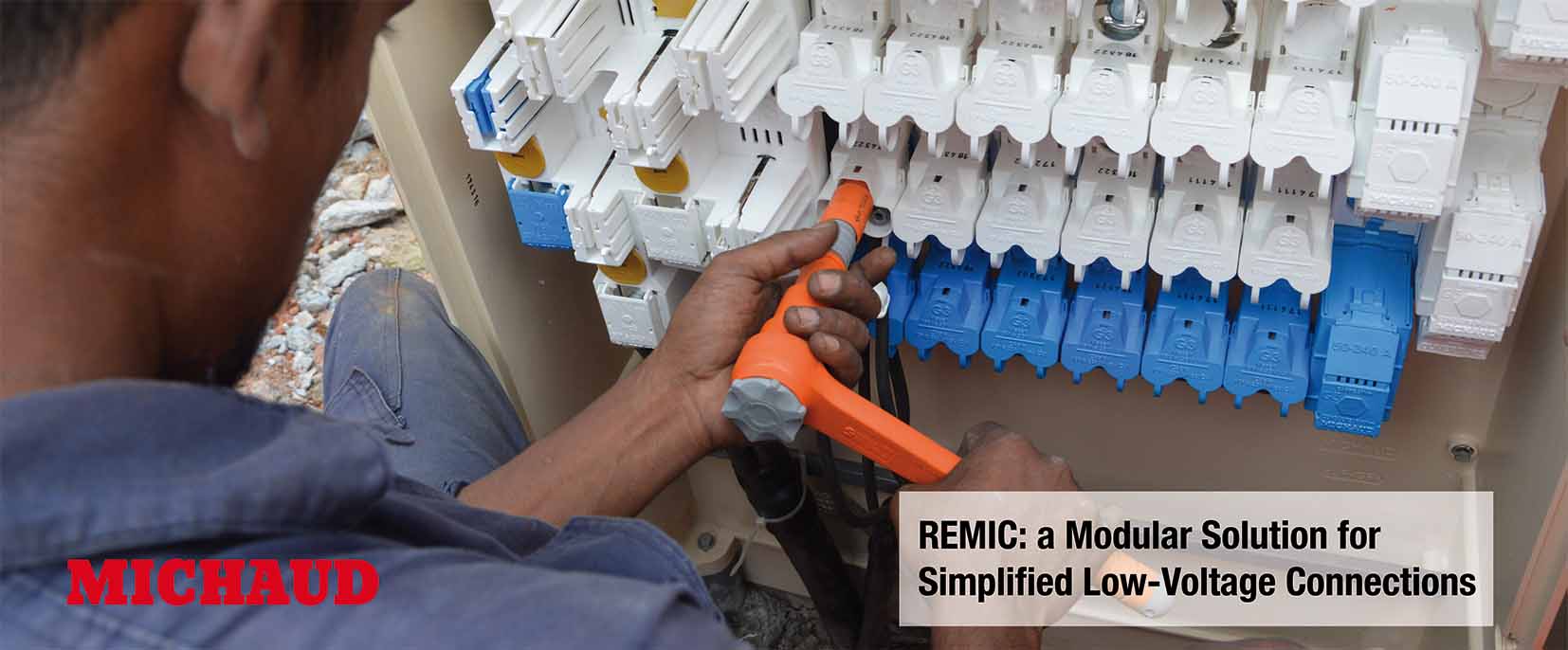Rural electrification in Africa is a crucial lever for improving living conditions and accelerating the development of the continent. Although access to electricity remains a major issue, particularly in rural areas, the progress made in recent years demonstrates the positive impact that electrification can have. This energy transition contributes not only to the modernization of infrastructure but also to the creation ofeconomic and social opportunities for rural communities. However, implementing such projects requires significant investments and rigorous management, both in terms of financing and the necessary infrastructure to ensure access to reliable and sustainable electricity.
What Impact Can Rural Electrification in Africa Have on Populations?
Improving the Living Conditions of Rural African Populations
Electrifying rural areas has a real positive impact on the population, who have fewer financial resources compared to urban areas.
In addition to having the ability to light up at any time of day, electricity allows businesses to grow their activities, thus creating jobs and wealth.
Furthermore, rural electrification facilitates access to healthcare for all: a medical center connected to electricity helps provide better care for patients. For example, In Cameroon, , the electrification of the medical center in the village of Batchenga led to a significant increase in consultations. Patients no longer have to travel to the district hospital, which is far from their homes, to get medical exams.
In Niger,, it enabled vaccines to be stored in refrigerators. The Kankandi medical center could only serve patients during the day before gaining access to electricity. Now, the center is open even at night, nearly doubling the number of daily births carried out at the center.

Stopping Rural Exodus
Underdeveloped rural areas suffer from massive youth migration to cities in search of a better future.
Electrifying these areas is one of the best ways to counter this phenomenon. Indeed, building and/or developing an electrical grid creates jobs. First, to maintain the network, part of the population can be trained and then employed. Furthermore, an electrified region allows businesses to set up and grow, thus revitalizing the area.
In Niger, the story of Abdoul Kader Amadou Labo is a perfect example: after completing his studies in a large city, he returned to his native region to start an electrical installation business. Thanks to the creation of a solar power plant in the region, he was able to train the youth of his village in renewable energy.
The Example of a Successful Rural Electrification Financing in Africa
It’s no surprise that a rural electrification project is expensive. Significant financial investments are necessary to design the project, build and/or adapt electrical infrastructure, connect the population, etc.
Nevertheless, there are organizations dedicated to financing such projects, such as the World Bank.
Ivory Coast, A Successful Financial Project for Rural Electrification
The Ivory Coast has implemented an investment policy in the energy sector for several decades. In addition to the construction of electrical infrastructures such as hydroelectric plants, which have allowed the country to become almost independent of fossil fuels (especially coal), the government has put in place specific programs like the Electricity for All Program (PEPT) to facilitate energy access for Ivorian households.
Moreover, Ivory Coast and the World Bank have long been partners in the construction of electrical infrastructure. Thanks to investments from the World Bank, the African Development Bank (AfDB), other financial institutions, and public and private Ivorian actors, the country has achieved an electricity access rate of 71%, well above the Sub-Saharan Africa average of 50%.
In October 2023, IFC (World Bank Group) announced a major investment of $48.8 million in a bond to raise funds to connect 800,000 low-income households, mainly in rural areas, to electricity. This bond was issued through a securitization vehicle, explained by IFC as follows:
« The bond was issued by a special-purpose vehicle, or SPV, that was created when illiquid assets were pooled and turned into tradable securities, a process called securitization. In this case, the proceeds from “pay as you go” household power contracts with by the national power utility, Compagnie Ivoirienne d’Electricité, will repay the pre-financed cost of grid connections for low-income households. »
Thanks to this successful experience, IFC is now able to deploy this type of collaboration in other regions. Togo, in particular, has shown great interest in this type of operation.
All these actions allow Ivory Coast to expand electricity access to disadvantaged households, thus improving the country’s standard of living while boosting its economic activity.
Rural electrification in Africa is an essential lever for the development of rural areas and the reduction of inequalities between urban and rural zones. Thanks to targeted investments and efficient resource management, projects like those in Ivory Coast, Niger, and Cameroon show that access to electricity can sustainably transform the living conditions of populations. The improvement of infrastructure not only stimulates the local economy and creates jobs but also improves access to essential services such as healthcare. Furthermore, electrification plays a key role in combating rural exodus by offering young people the opportunity to thrive in their own communities. However, for these projects to continue and multiply across the continent, constant financial support and strategic partnerships are necessary. Rural electrification is thus a vector of modernization and hope for the future of African populations.
Contact
Error: Contact form not found.




